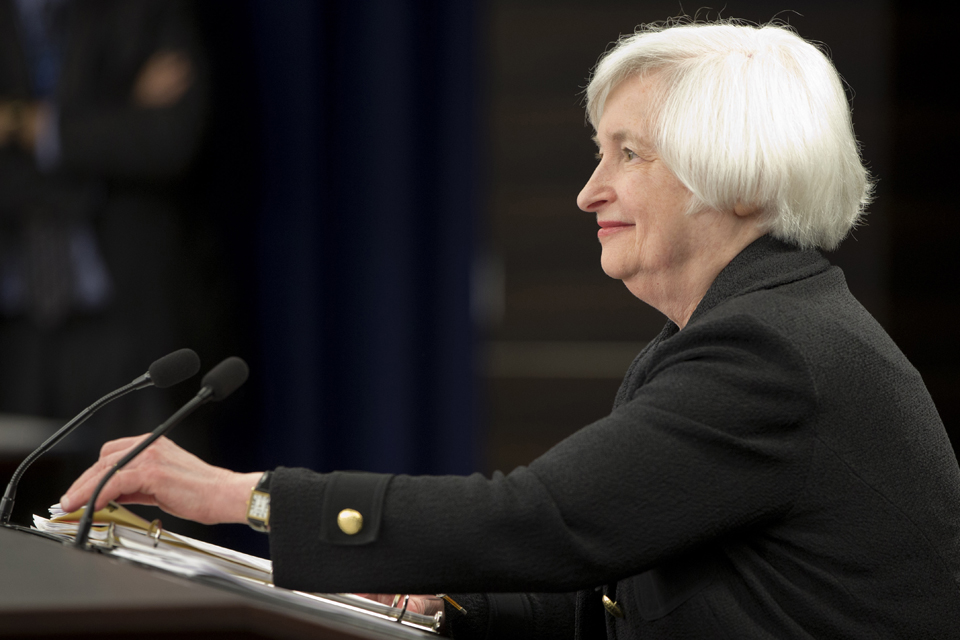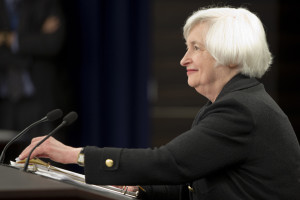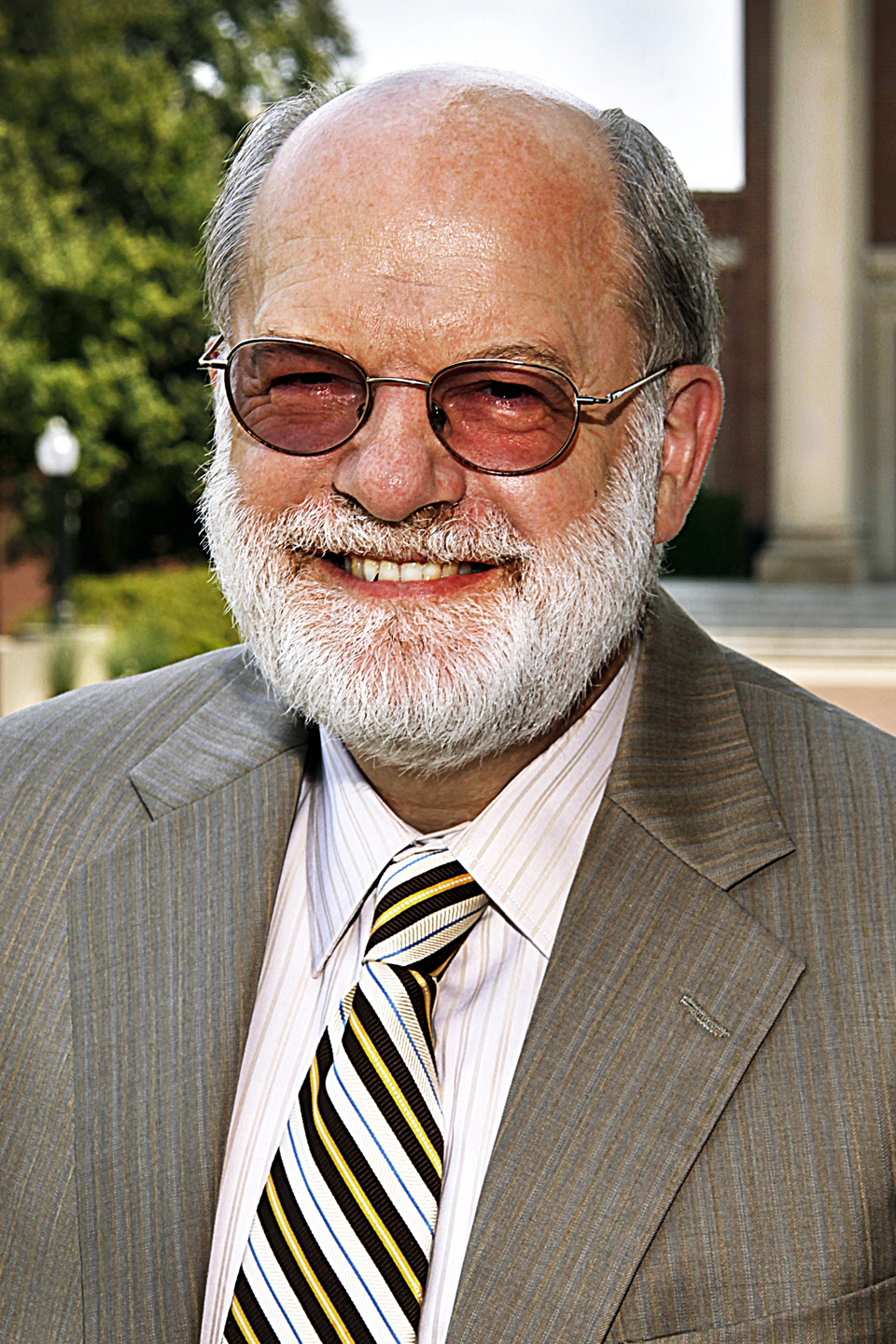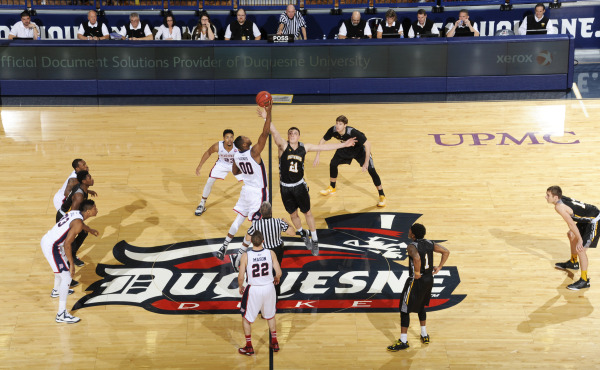

By Brandon Addeo | The Duquesne Duke
For students who have been eyeing a new car or considering taking out another school loan— now might not be a bad time.
After weeks of debate that unsettled financial markets around the world, the U.S. Federal Reserve, also known as the Fed, announced last week that it will keep its current near-zero short term interest rate, rather than raising it.
For students, this means that interest rates on student loans will not be increased for the time being. This state of affairs will remain until the Fed decides again to raise the interest rate, which Fed Chairwoman Janet Yellen said will happen within the next year, according to the “Wall Street Journal.”
While this will temporarily ensures that consumers will not have to pay more on loans, the Fed raising the interest rate has no other effect on Americans, according to Risa Kumazawa, a professor of economics at Duquesne.
The Fed had proposed a very small hike to the interest rate—a quarter of one percent, according to Anthony Davies, a professor of economics at Duquesne.
He said an increase of this size would have, for example, increased monthly payments on a 20-year $100,000 mortgage by only $13.
“That’s so small as to be background noise,” Davies said. “[It’s] about the same as a Netflix account.”
Kumazawa said a likely reason for the rates not being raised is that the Fed does not believe the American economy is “healthy enough” for it.
“On Sept. 4, job numbers came out and while the unemployment rate went down, the job creation numbers were far below the projection,” Kumazawa said. “The recent volatility in the stock market was another symptom of the unhealthy economy.”
The Fed took the state of the global economy, especially China’s struggling manufacturing sector, into consideration as well, according to Kumazawa.
Tommy Fagan, a junior accounting and information systems management major, agreed that failing markets in China are a reason the Fed would not want to raise its interest rate.
“If they change [the interest rate] now and if something happens with the [Chinese] market, we’re probably going to have another crash like the 2008 recession,” Fagan said.
Davies said that while “borrowers” like college students and homeowners benefit from a low interest rate, groups of people who are “savers” can suffer from it.
“Low interest rates are bad for … the elderly living on fixed incomes [and] people saving for retirement,” he said.
He added that the federal government is the “single largest beneficiary” of keeping the current interest rate.
“When interest rates rise, so too does the federal government’s interest expense,” Davies said. “With $18 trillion in debt, that tiny one-quarter of one-percentage point increase in interest rates would have cost the federal government $45 billion annually in additional interest expense.”
The Fed will likely raise the interest rate in the future, as low interest rate promotes inflation, according to Davies.
“Eventually, the artificially low rate is going to spur inflation,” he said. “When that happens, the Fed will have to choose between costing the government in additional interest expense or costing taxpayers in inflation.”



